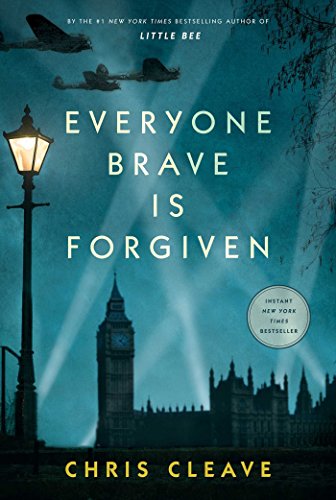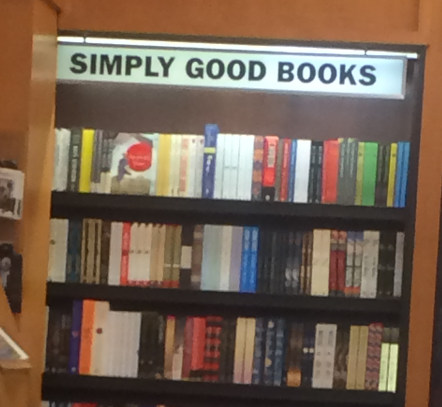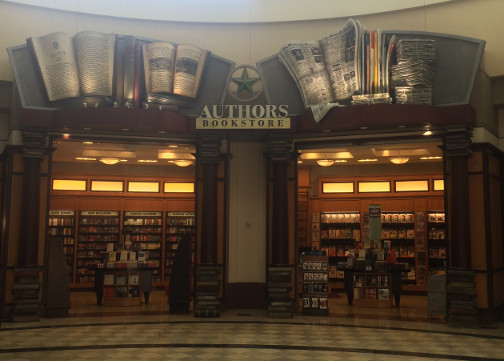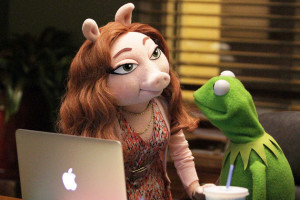It’s a Critique Group
Last time, I told you about Good AF Writers, the critique group held twice a month by the American Fork chapter of the League of Utah Writers. (I’m assuming the AF is for American Fork.) It’s every second and fourth Tuesday Thursday at 6:00 p.m. at the American Fork Library, and you can read more of the basics in that previous post. There’s also a Facebook group to watch for new, updates, and more.
Here I’ll give you a better taste of how it works, in case you’re on the fence about whether it will work for you.
Our meetings consist mostly of three activities: reading (aloud), giving critiques, and receiving critiques. Each of these could make someone squirm, I know, but it’s the price of improving as writers. We try to be kind, helpful, and candid.
How It Works: Reading
Some or all of the writers in the meeting will read excerpts from something they’re writing, or the whole thing, if it’s very short. They may or may not preface their reading with a brief explanation of the work, of what has happened previously, or what sorts of help they especially want. It’s all on a clock; unless the meeting is especially crowded or we’re running late, each reader gets up to seven minutes for the reading itself and any introductory explanations.

In the meetings I’ve attended, I’ve read from three short stories (one written that day on the train, because an idea struck), the first and second chapters of a novel I’m polishing, and an essay I drafted a couple of years ago and have revisited a couple of times, but which really isn’t working yet.
After each reading, the author circulates a signup sheet. Anyone who wants to read more and provide a critique at the next meeting will sign up. Sometimes two people sign up; sometimes it’s six or seven.
After the meeting the author sends out the piece – up to 2,500 words – by e-mail, at least a week in advance of the next meeting, so everyone who signed up has time to read, reread, and critique it.








